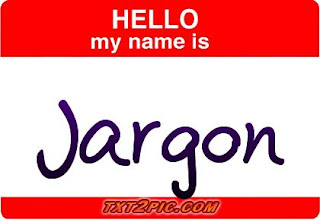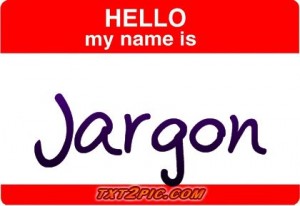
It’s been a long time since I did a jargon of the day post. Years, maybe. Today, though, I offer you a list of useful geographic slang for international development concepts. That doesn’t really make sense, I know. Just skip to the list; you’ll see what I mean:
Geneva Conventions: Govern international law on the treatment of victims of war.
Warsaw Convention: Protects your luggage during air travel, or more accurately, protects airlines from liability for your luggage.
Vienna Convention: Treatment of diplomatic representatives while overseas – aka why USAID cars can’t be stopped by the police unless they want to be.
Copenhagen Convention: 2009 UN agreement on climate change.
Copenhagen consensus: A list of efficient ways to spend development aid, produced by a think-tank in Copenhagen.
Paris declaration: Widely ignored agreement on better donor coordination of aid.
Cairo: The program of action agreed to at the 1994 international conference on population and development. Represented a major shift from thinking about population numbers to thinking about reproductive health.
Alma-Ata: 1978 conference that produced the Alma-Ata declaration which affirmed the importance of primary health care in achieving “health for all.”
Accra Accord: 2008 commitment to promoting south-south trade among developing countries.
Accra Agenda for Action: Widely ignored follow-up to the Paris declaration.
Mexico City Policy: Also known as the global gag rule, an intermittent US government policy that forbade any entity getting US funding from promoting, providing, or even discussing abortion.
Kyoto: The Kyoto Protocol adopted by the UN in 1997 and intended to fight global warming.




